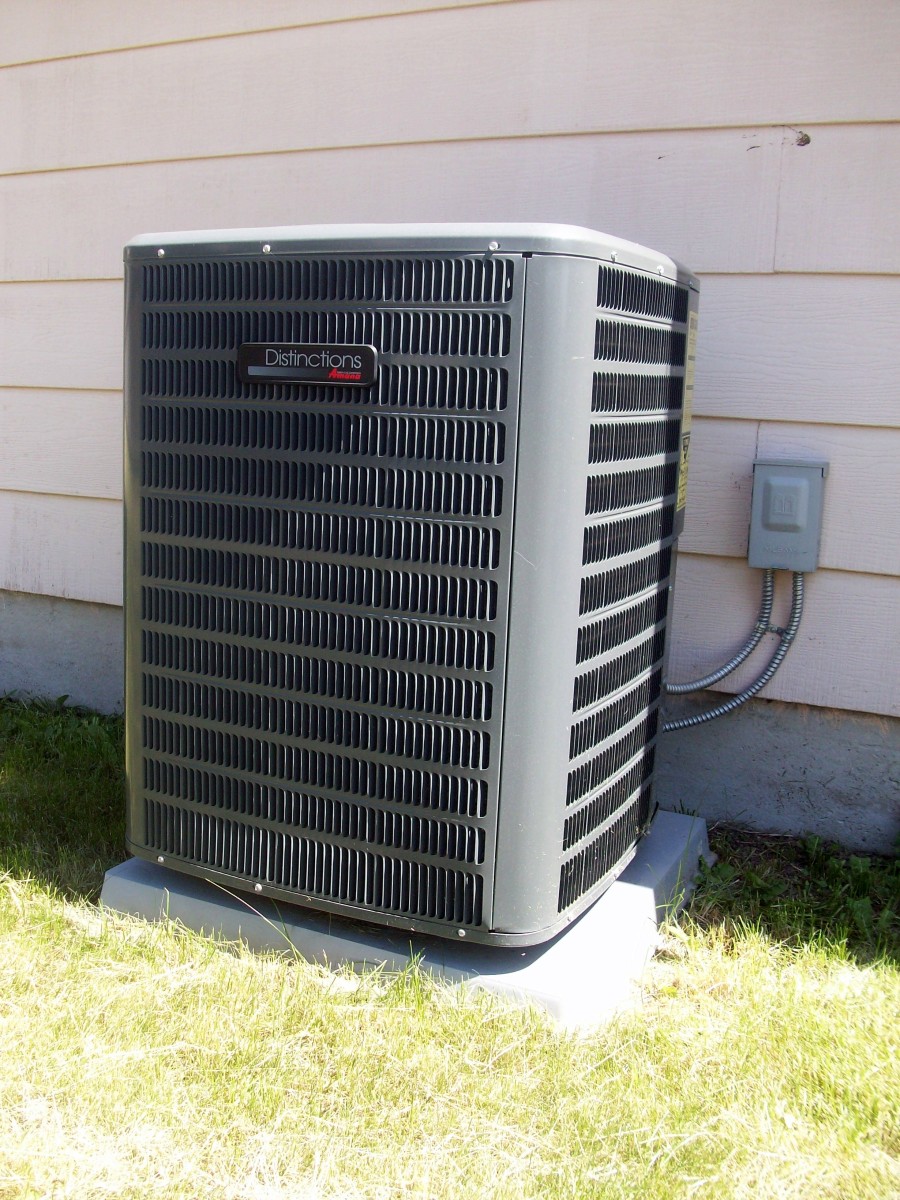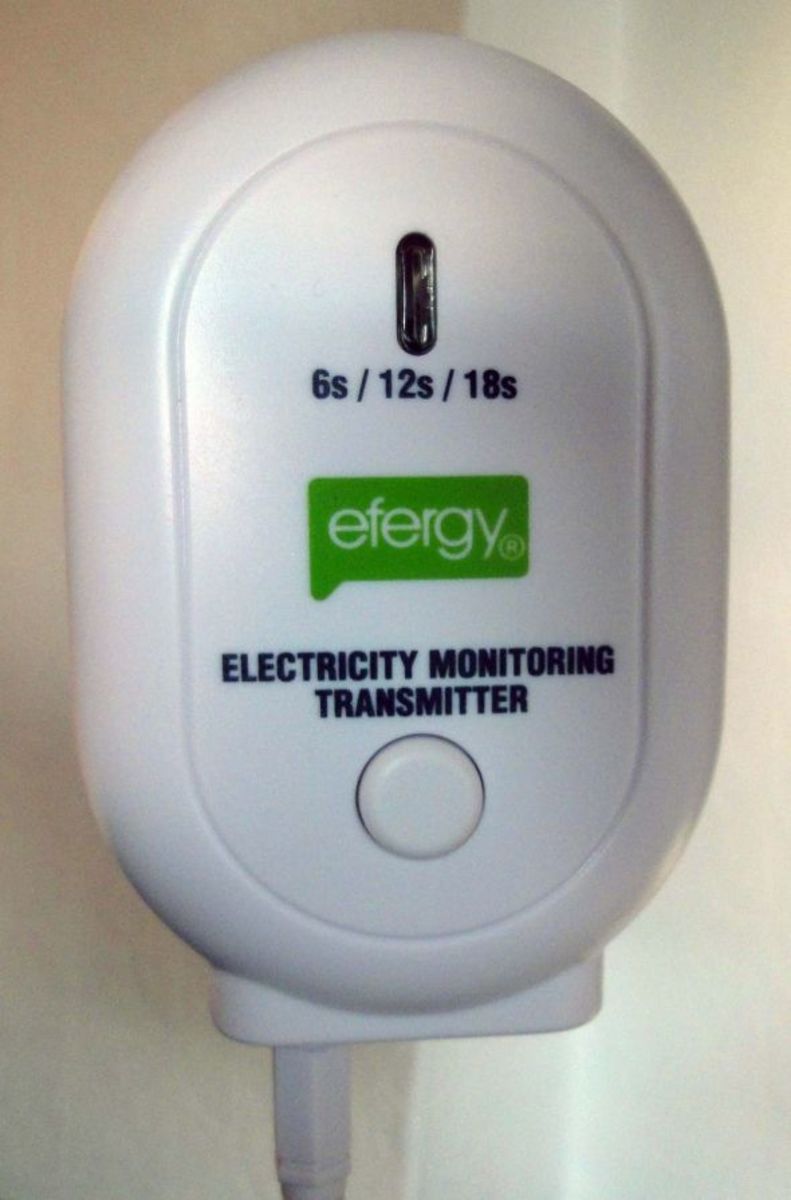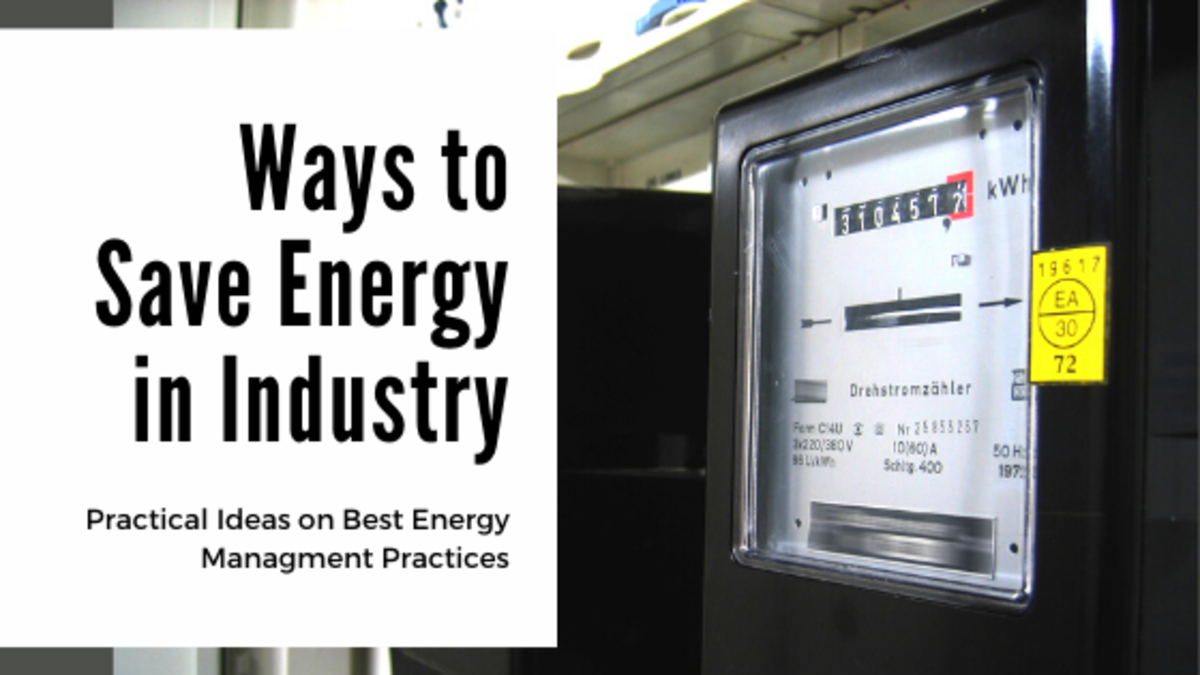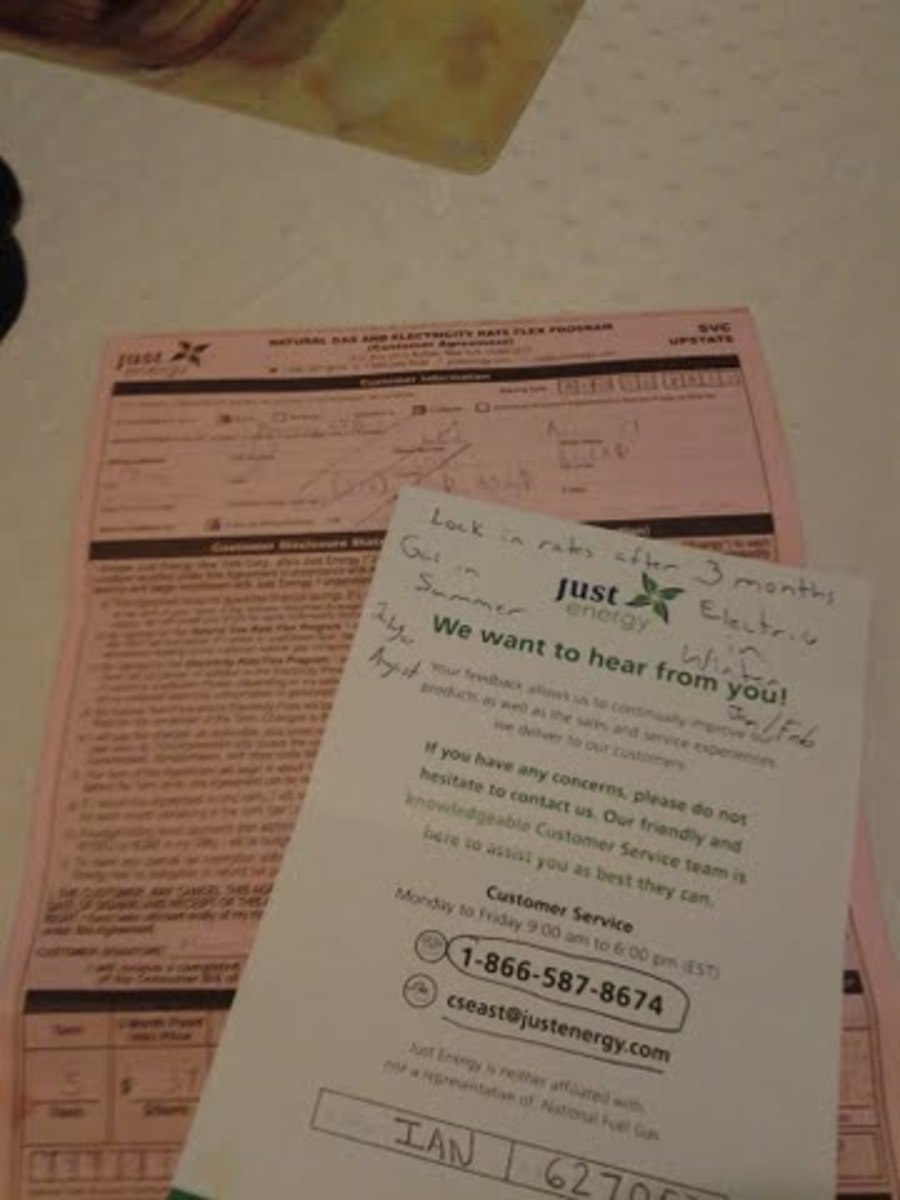How To Save Electricity At Home With Energy Conservation Tips And Guidelines
For various reasons, saving energy at home and other places has become more popular in recent years and for many good reasons. There are many ways to save electricity, provided someone knows about them. Most people can easily reduce their electricity use immediately. This can be done even without spending a single cent.
In addition, people should seriously look into spending some money in the short run, but which will reduce their expenses in the long run. For some people, this course of action may even generate some additional income by generating their own electricity with solar panels. It's an investment that people need to consider provided they can afford the initial outlay of capital. They may find out how wise a decision it turned out to be.
Why save energy?
There are several good reasons why people should pay attention to saving energy.
-
It helps reduce your electric bill and thus saves you money you can use on something else.
-
Energy is often generated using imported fossil fuels from countries that are not always friendly or even hostile. This is not good from a security standpoint for your country or your family.
-
Importing foreign energy sources contributes to the trade deficit, which in turn can have negative consequences for the overall economy. That includes you.
-
Energy generation and use may contribute to climate changes that could have adverse effects on people's lives, including yourself.
These are some of the most important reasons as to why energy conservation, including electric use, is an important issue.
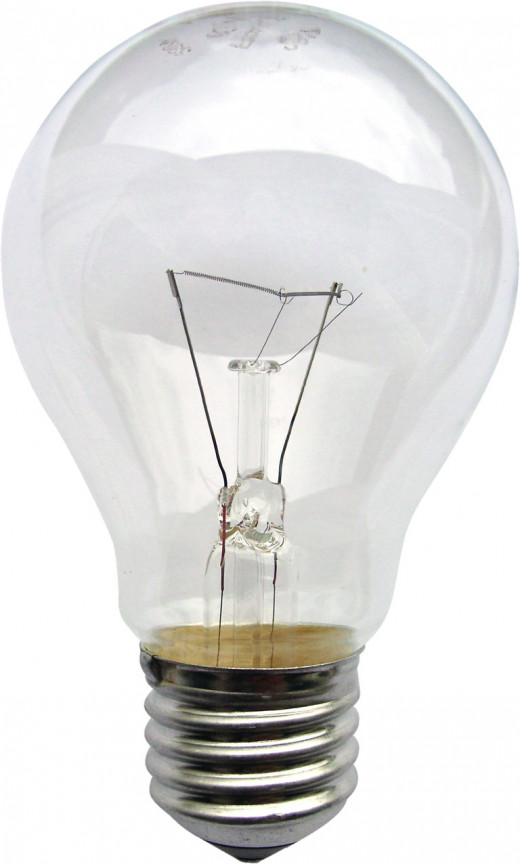
What's the fist thing you should do if interested in conserving electricity?
The first thing to do is to know how electricity is being used in your home. You cannot conserve electricity effectively if you don't know what is responsible for using up all the electricity. This includes finding out how much power each device uses.
Most devices lists on the back how many watts of electricity they require. Multiply the number of watts by the number of hours used and the cost per kilowatt hour to determine how much you're paying. You may also want to use a power meter that can accurately measure how much electricity is actually being used.
The appliances that you need to play closer attention to are the ones that use the most electricity, which is usually in the following order:
-
Appliances that generate lots of heat such as traditional light bulbs, microwaves, toaster-ovens, ovens, electric heaters, hair dryer, iron and so on.
-
Appliances that generate cold air such as air conditioners, freezers and refrigerators.
-
Appliances with moving or spinning parts such as the dishwasher, fans, blenders and vacuum cleaners.
In general, the more heat is generated, the more electricity it uses. In fact, heat is simply wasted energy, which in turn means wasted money.
How to save money by limiting the use of appliances?
Before thinking of replacing energy-hungry appliances, you should first attempt to limit their use whenever possible. You should think about how you can limit the use of appliances or if you really need to use them at all.
For example, you may not need to use the vacuum cleaner as often. Instead you may use a broom. Here are some tips to reduce electricity use:
-
Turn off the lights whenever they're not needed. Do this in rooms where there is nobody or when no one is at home. Lighting is usually one of the biggest user of electricity.
-
Check if your home is properly insulated if you rely on electric heating. Heat may be leaking and more energy is needed to keep your home heated.
-
Reduce how long the air conditioner is running, raise the thermostat or supplement the air conditioner with a fan.
-
Throw open the shades or curtains to let in as much sunlight as possible during the day. This helps reduce using electricity for heating and lighting.
Look around and think about what you can do in your own home.

How to replace appliances with ones that use less energy?
Once you've tried to limit their use, you should try to replace those appliances that simply use too much electricity, even with reduced use. Here are some tips and guidelines when replacing appliances.
-
Replace light bulbs with more efficient ones. Incandescent bulbs use several times more energy than fluorescent bulbs. Light Emitting Diodes (LED) bulbs are even more efficient, though currently somewhat expensive. If you don't like the color of fluorescent, try the full-color spectrum ones.
-
Once you've found out how much each electricity an appliance needs, look for something equivalent which does not need as much electricity. For example, traditional Cathode Ray Tubes (CTR) televisions need much more electricity than flat-panel Liquid Crystal Displays (LCD). LCD's with a LED back light are even more efficient.
-
Most computers nowadays use a fraction of the energy they used to consume. If you're still using a very old computer, such as one using the Intel P4 processor, you should be getting a more recent computer. You can tell wich computers are power hundry by how much hot air is coming out of the exhaust. It's not necessary to get a brand new one, a used computer will do just fine.
-
Newer appliances generally use less energy. For example, if you use a refrigerator that's more than five years old, you really should look for a replacement if you can afford it. It can make a big difference.
In general, newer products are more efficient in the use of electricity compared to their predecessors. Think of this when considering if it's worth spending the extra money.
Is it worth spending money replacing appliances just to save money?
Replacing appliances does cost money initially. However, you will also earn the money back by reducing your monthly bill. In the long run, reducing energy use will definitely help you save money. It is up to the individual to decide how important it is to increase spending in the short run to benefit in the long run.
You may also want to look for subsidies, other government initiatives or tax credits that you can use. For instance, some governments encourage the use of fluorescent light bulbs by subsidizing the price, making them relative cheap to buy and replace traditional incandescent light bulbs. Others seek to replace energy-hungry appliances with more efficient ones. Do some research into what's available in your area.
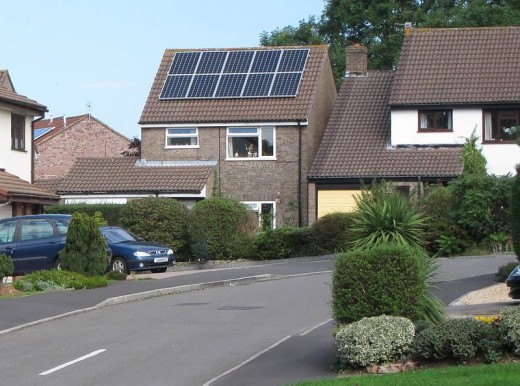
How to save money by generating my own energy?
Another option you may want to look into is to install solar panels on your roof, which has become much more affordable in recent years. Generating your own electricity means you need less electricity from your utility provider and you don't have to pay them as much.
Of course, there are costs involved upfront, but they should pay off in the long run. You may want to look for available subsidies, from, for example, the government to help reduce the cost of purchasing and installing solar panels. There are many initiatives in many places.
In more and more places, it's also possible to sell excess power you've generated with your solar panels, but don't need, to the utilities. You will then get paid by them for the electricity you provide. This is another avenue worth exploring.

